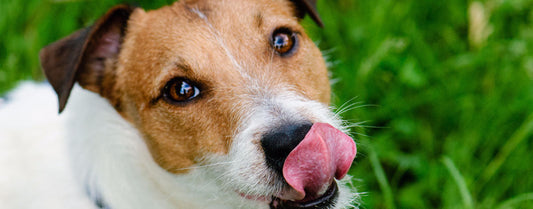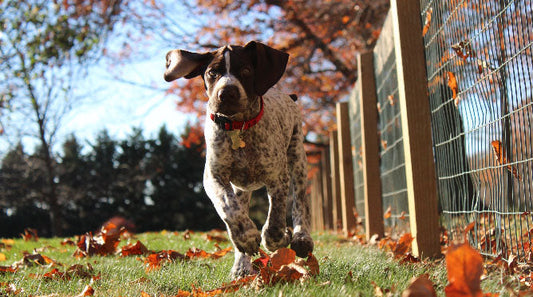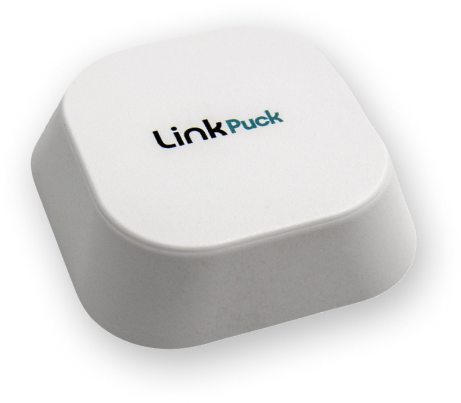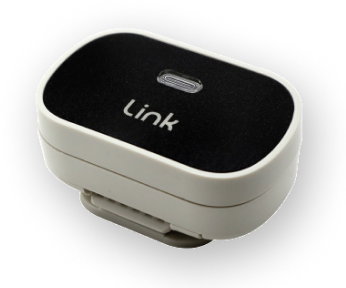Biting your nails is virtually a universal sign of nervousness. You do it when you feel stressed or anxious. But why does my dog chew his nails? Is he anxious too, or is there another cause? What can you do to stop him?
Reasons for Nail Biting
Just because a dog is biting his nails doesn’t mean he’s nervous. There are quite a few reasons you might see your pup gnawing away at his nails. Let’s take a look at the most common:
-
Infection or Injury. If your dog's paw has suffered some injury, biting his nails could be a way of alleviating the pain or itching. Likewise, there might be a fungal infection underneath the nail causing irritation, or perhaps even a parasite. Look to see if the area is red, swollen, or inflamed, and check for bleeding and other signs of injury.
-
Allergies. Chronic itching can also come from allergies, either to something they've eaten, or to pollen, grass, or another outdoor contaminant. Biting or licking the itchy area can provide short-term relief, but the moisture can also cause infection, ultimately making the problem worse.
-
Grooming. Your dog's nails might simply be too long, and the biting gets them down to a manageable size. Some dogs' nails break off naturally to prevent this, but not all. If you hear a constant clicking sound as he walks across the floor, it's a sign that his nails are too long.
- Anxiety. Just like humans, some dogs bite their nails from anxiety and nervousness. If he does it whenever there's a loud noise, like fireworks or the vacuum, then he's probably scared. Separation anxiety is another cause. If you see the signs of nail biting when you're not around, he probably misses you and is under-stimulated. Lack of stimulation can cause a number of destructive and self-destructive behaviors, nail biting among them.
What to Do About Nail Biting
The first thing to do if you notice your dog chewing his nails is to take him to the vet and make sure he's not injured or infected. If his paw is injured, the vet can patch it up, though he might need to wear a cone for a few weeks to keep him from continuing to bite or lick the affected area. The vet can also give your dog antibiotics for infection and perform an allergy test to see if he's having a reaction to something.
Next, take your furry friend to get groomed. A dog groomer will trim his nails, as well as wash him, brush him, and perform other basic maintenance tasks. Some pet parents perform nail trimming and other grooming themselves, but if your dog requires a lot of high maintenance grooming, it might be better to let a professional handle it. How often you bring your dog to the groomer depends on what breed he is, and a number of other factors. Talk to both the vet and the groomer about it and see what they recommend.
Finally, if your dog is anxious or under-stimulated, give him something to distract him. Get a rubber chew toy or two and put peanut butter on it to attract him. Give him the toy before you run the vacuum or whenever there are loud noises in the area and leave it for him when you go out. This will give your dog something else to concentrate on, helping him feel better and keeping him from biting his nails.
Nail-biting might seem like a minor issue, but it can cause several problems. If you see your dog biting his nails, get it taken care of immediately, so he can be happy and healthy.





